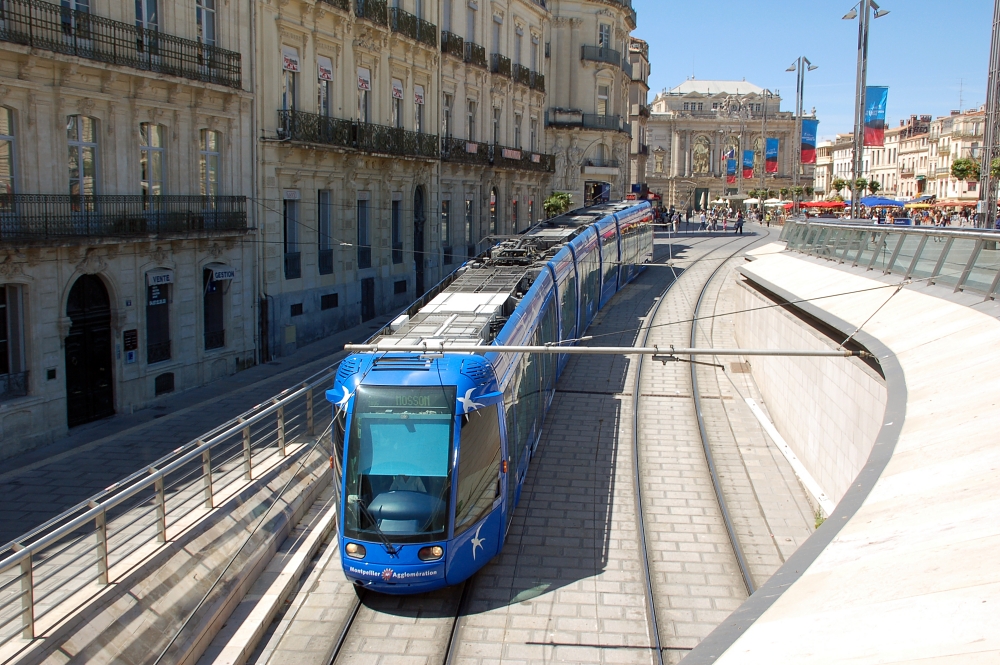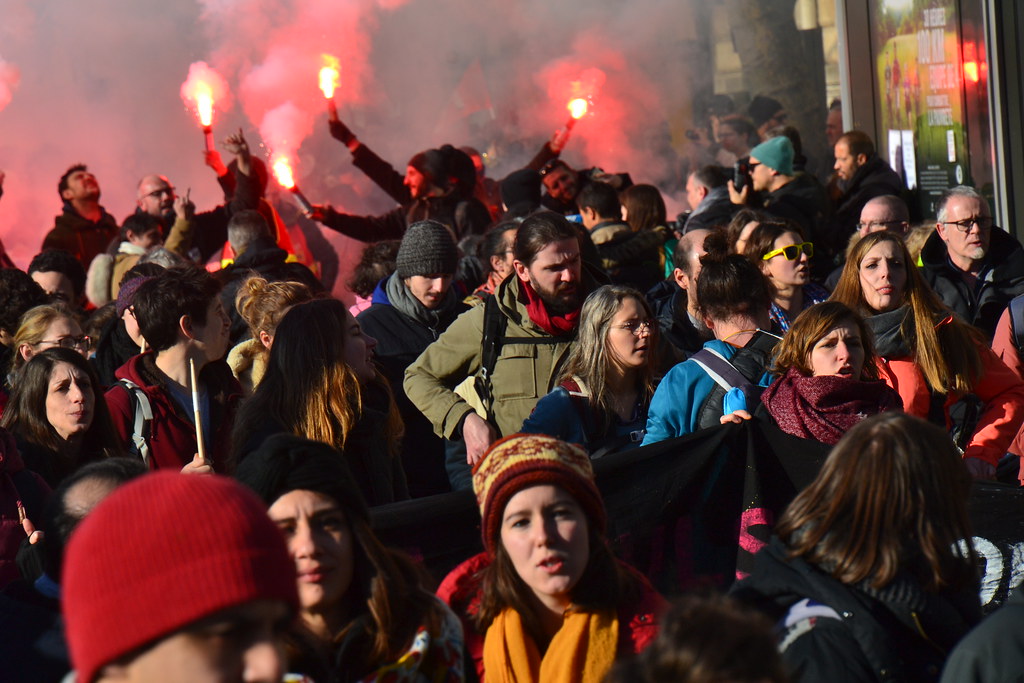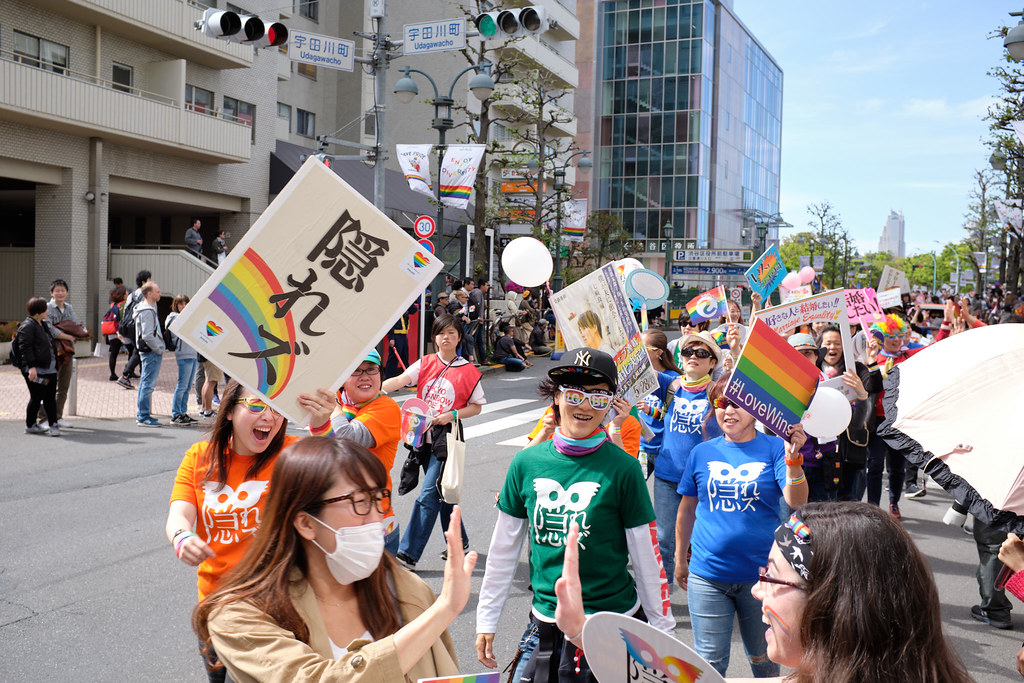Imagine a city where taking public transportation rather than your car is not just an eco-friendly choice but also an economical one. Montpellier, a bustling city in southern France, has made this a reality for its 300,000 residents. Starting December 21, 2023, Montpellier initiated a public policy allowing residents to apply for a free pass to ride buses and trams across the city. This initiative adds Montpellier to the list of other large European towns embracing free transit systems: Tallinn (Estonia) and Luxembourg (Luxembourg).
Michael Delafosse campaigned for mayor in 2020 by promising free transport on the TaM network, Montpellier’s public transportation system. Once elected, he first acted on his larger vision of tackling climate change by facilitating better alternatives to individual car usage. For example, he replaced car roads with new bicycle lanes. His policies were expected to reduce urban pollution and traffic congestion.
On September 1, 2021, Mayor Delafosse began his campaign for free transport with free fares for seniors and children under eighteen. He widened the gratuity on December 21, 2023, when he extended the benefits to the whole population of Montpellier. While residents of Montpellier are eligible to apply for a free pass online, tourists and visitors go to TaM’s website or app to purchase tickets to board the bus and tram.
The policy is predominantly funded by an additional tax on local businesses and companies to compensate for the ticketing shortfall. A favorable second-round effect is reduced rider ticket fraud, something which had plagued the city and damaged transportation profits.
The policy just celebrated its first anniversary. The city boasts posters commemorating the milestone, picturing a man declaring, “In Montpellier, free transportation has been changing our lives for the past year and the many more to come.” He is shown holding a cake with four layers: freedom, equality, solidarity (the motto of the French Republic), and ecology.
Over the winter break, I traveled to Montpellier and experienced the transit system first-hand. I had expected some complications with such an ambitious project, but I was pleasantly surprised to see people getting on and off smoothly at the tram stations.
Although the shift was well accepted and even welcomed by most, some groups have been vocal in their complaints about the mayor’s policies. The fiercest critics come from the shop owners downtown, lamenting that the flow of customers has decreased, with shoppers understandably reluctant to bring heavy bags in crowded trams back home. These consumers instead use their cars to go to out-of-town shopping malls or department stores with large parking lots.
There are also reasons why other cities and towns have not implemented similar policies. Most notable are the costs involved in a project of this scale. Even including ticket sales from tourists and visitors, Montpellier budgeted to lose 29 million euros (30 million dollars). This cost has to be addressed through other policies, such as a mobility tax and reduced spending on other budget allocations.
Delafosse’s bold decision to embrace free public transportation has benefited the daily riders in Montpellier and made the city a pioneer in the drive toward sustainable urban mobility. By removing the fare barrier, the city enabled its residents to roam freely across neighborhoods while embracing social inclusiveness. While there are obstacles to the policy, this visionary approach can become an example for cities worldwide, showing how a policy centered on people’s needs can have a greener, more positive effect on the future.







